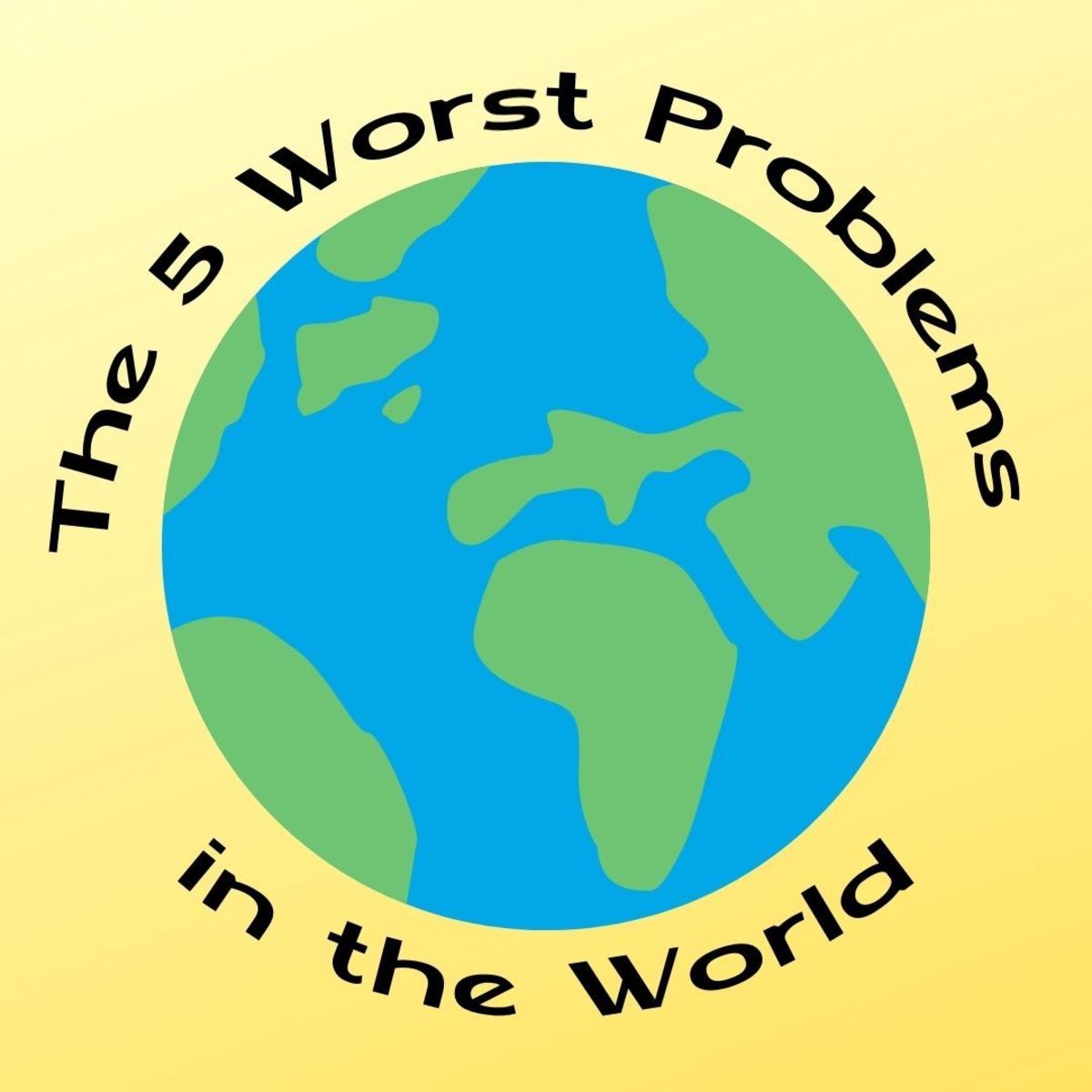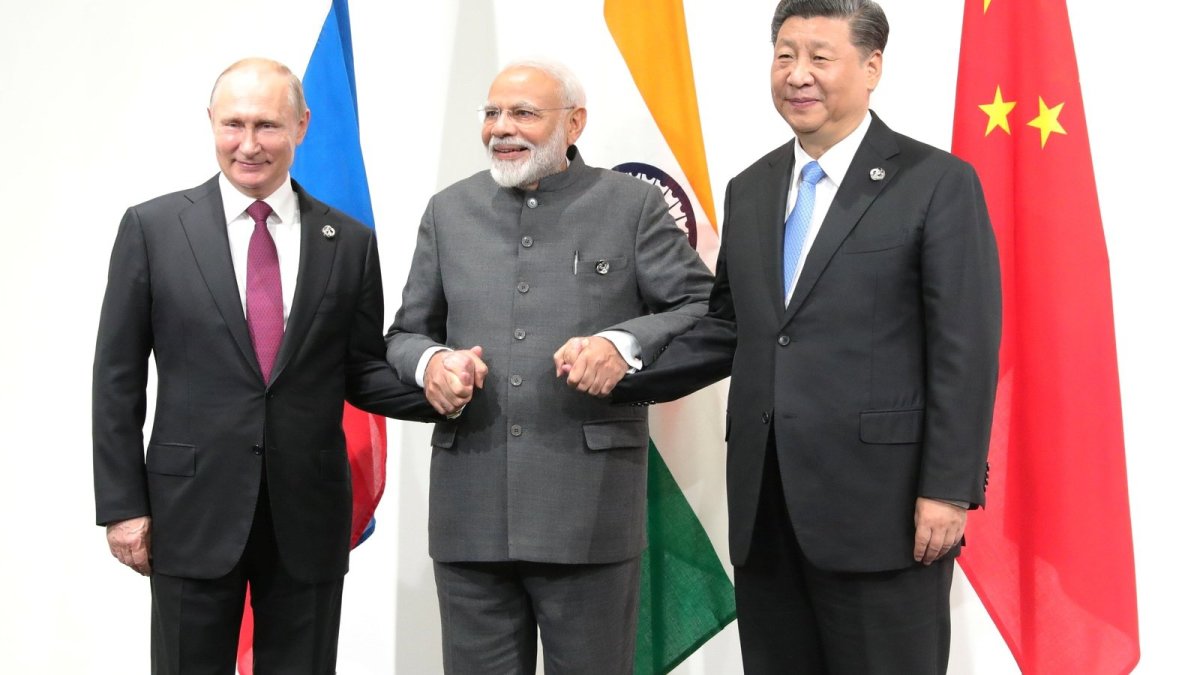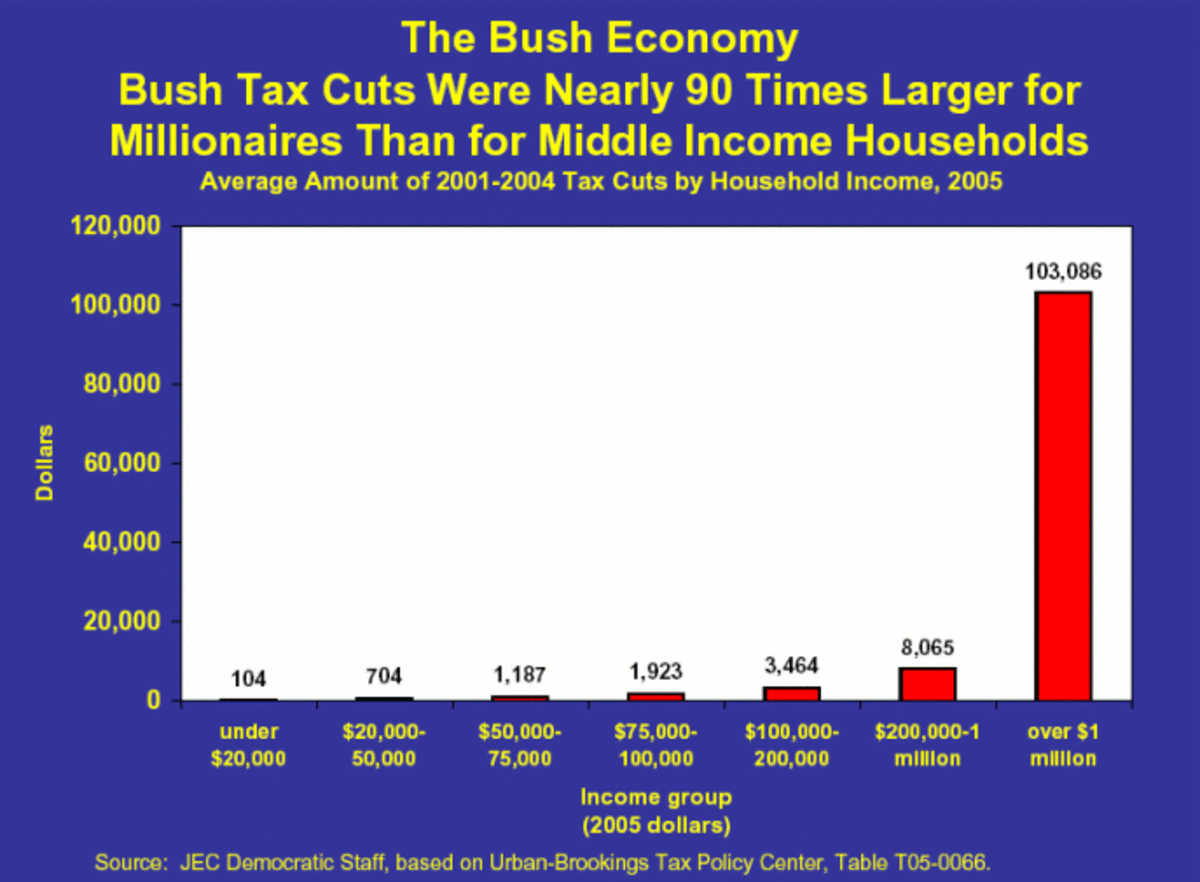Do a Few People Really Control the World?
Globalization Is Here
You may have heard that in the United States of America, the four hundred wealthiest individuals control more than half the country's wealth. You may have also heard the phrase, "It's not what you know; it's who you know." Both of these are true. It is also true that in 2011 the average worker's salary was just over $26,000 per year. Even the politicians of both major political parties in the United States are beginning to get in on the act and address wealth inequality—at least in their speeches, if not in actual legislation (most of the legislation passed is designed to make the problem much, much worse). However, the root of income and wealth inequality goes much deeper than that. An article in the magazine New Scientist, in the "Physics and Math" section, analyzes who really holds the wealth of the whole world, and the results are shocking.
The War of Wealth
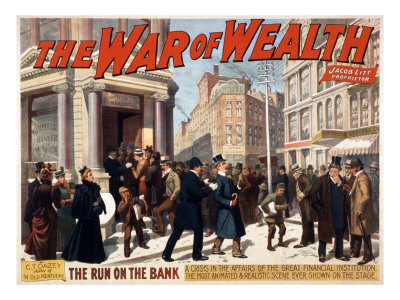
Who Owns What?
In a study based on Orbis 2007's list of trans-national corporations, a Swiss-based team of researchers constructed a mathematical model of the relationships among more than 43,000 companies. The team found that only 1347 companies (just over 3%) owned 20 per cent of the world's economy. But, when holdings were traced through indirect ownership, in fact, these 1347 companies actually control 80 per cent of the world's economy.
As if that were not bad enough, the news gets much worse. Fewer than one per cent of the companies (the actual number is 147) control 40 per cent of the world's wealth. Because these companies are so tightly knit (on average, each of these companies is connected, either through investment in each other, or through Board of Director, executive, or management relationships, to twenty other companies), the world's economy could be in quite real danger. With such tight interconnections among these powerful companies, a failure in one of the smaller companies could very likely lead to a domino effect, causing a chain of catastrophic business failures.
Worse, this domino effect could easily be caused by a natural disaster, such as the Fukushima earthquake or hurricane Irene, or by an accident, such as the Macondo Well blowout in April 2010, or some other event. There is no possible way to predict or insure against such an event, and absolutely no way to foresee all the possible consequences.
Panama Papers and Paradise Papers
The publication of both the Panama Papers and the Paradise Papers further shows just how far this wealth inequality and control by just a few people and companies extends. While we don't know the details yet, it's clear that money laundering and corruption extends among the wealthiest around the world, in an effort to hide the true sources of illegally-gotten money, avoid paying taxes, and sheltering wealth.
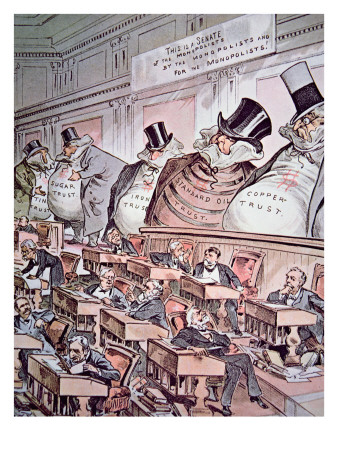
What Could Be Done?
We, as global citizens, could begin by demanding an orderly divestment and disentanglement of some of these too-tightly interwoven companies over a suitable period of time. We don't want a run on any stock, as that would hurt investors and shareholders, many of whom may be retirees on a fixed income, or families saving for future expenses. However, by forcing these companies to diversify over a reasonable period of time, rather than consolidate, the eighty per cent of combined wealth these companies control could reach a larger share of the world, and ensure that if a natural disaster or accident were to occur, that a catastrophic failure of one company would not affect a large percentage of the world's wealth, perhaps even causing all that wealth to disappear.
In addition, we could require that companies have adequate capitalization and insurance to protect their assets and repay stockholders, should such a disaster happen. These actions are in the companies' and stockholders' own best interests, and protect their assets against a catastrophe that might bring down global financial markets and make resources on which the world depends impossible to procure.
Don't Put All Your Eggs in One Basket
I'm sure we've all heard this useful phrase and its warning about the need for diversification. Any competent financial planner or investor will tell you it is dangerous to have too many of your assets lumped together. And yet, these self-styled financial wizards are blithely ignoring their own very good advice, and, if not putting all their eggs in the same basket, are putting them in baskets next to each other, which are glued together.
Nobody in their right mind wants major companies to fail. But in order to prevent their failure, we must insist that certain measures be followed for their own good.
The Companies Benefit, Too
Most good managers understand the benefits of diversification, and even those of us who have never managed a single person can picture it. Just as sometimes you want to eat something different, or hang out with different people, or have a change of scenery, so companies, too, benefit from a change from time to time. If you are always exposed only to the same point of view, or you never get information and ideas from different sources, how can your company grow, adapt to new conditions, or expand into different markets? Yet the same people often serve on multiple Boards of Directors, and so the boards of these companies are the same group of people who see each other time and time again.
What About the Occupy Movement?
The Occupy protesters, in this instance, had it right. Too much is at stake to risk. Rather than be subject to the whims of the market, as happened with the Dutch tulip market collapse, to political upheaval, or to weather events or professional incompetence, or worse, to sabotage or terrorism, we must join with the former Occupy protesters in their demands to adequately diversify the world's financial and resource holdings. Our planetary resources are too precious to lose! By too much wealth disparity, we all lose. The 99% must be given a chance to participate, not only in investment, but in the benefits of these companies, as well, in order to protect everyone (including the people in the 1%).
If you want to understand why even the wealthiest people do better when there is less wealth disparity, I encourage you to see this excellent video on the consequences of wealth disparity.
© 2011 progressivist




